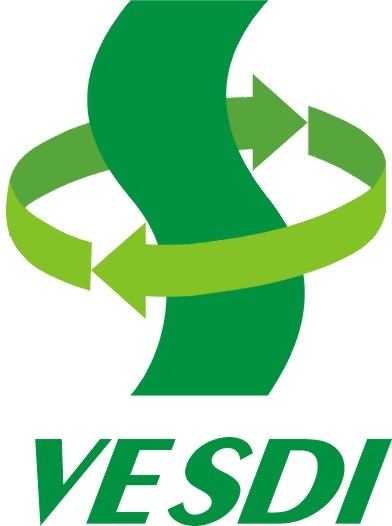Update: 09/05/2011 12:12:00);
VACNE Central Office, Vietnam Environment & Sustainable Development Institute, Center for Environment and Community Development (VACNE members) participated in Environment Theme Mekong Region Strategic Workshop in May 4-5, 2011 in Bangkok, Thailand
The workshop has been held in May 4-5, 2011 in Bangkok, Thailand. Objectives of the workshop are: to review TAF-supported water projects within the Greater watershed of the Mekong subregion; to improve environmental communications and create environment network across SEA TAF offices; to advance regional Mekong environment program, focused on water governance and water resources management, particularly in light of the impact of climate change.
Representatives from TAF offices in China, Cambodia, Laos, Vietnam, Thailand, San Francisco, Washington DC, and from TAF partners organizations in the subregion participated in the workshop. From Vietnam there were 5 representatives from following organizations: VACNE Central Office, Vietnam Environment & Sustainable Development Institute, Center for Environment and Community Development, Vietnam Environment Administration/MONRE, and Research Center of Educational Technology/Vietnam Institute of Educational Sciences, participated in the workshop.
In the first session of the workshop, participants were introduced to TAF’s environmental supporting activities which have been lately elevated to become 1 of 5 important thematic area of TAF, presented on TAF water governance program, and on the results of TAF water quality projects in Laos and Vietnam. The first session ended with a presentation and interesting exercise on applying systems thinking to water resources management and governance facilitated by TAF experts.
In the second session, participants heard and discussed presentations from TAF experts on Mekong regional programming issues, environmental and climate change issues in the Lower Mekong Region, China’s activities related to Mekong and the role of China’s NGOs in this matter, and the role of US and ASEAN in the Mekong.
The workshop concluded that there is a need of a systems thinking to the whole Mekong Region. Each country in the region has its own interest so that the Mekong water resources management should meet interests of all concerned countries and should minimize impacts on the Lower Mekong. For harmonizing interests of all sides the role of Mekong River Commission (MRC) is very important. In the controversial case of the project on constructing the Xayabury Dam at the main stream of Mekong River in Laos, for the first time, Procedures for Notification, Prior Consultation and Agreement (PNPCA) were applied by MRC to require Laos side to provide necessary information according to the Procedures. At present, the issue is dealing with at the governmental level, however, NGOs should involve more actively in this and other similar issues because more dams are planned to be build at Mekong River.
THE ASIA FOUNDATION IN VIETNAM
The Asia Foundation is a non-governmental organization operating in Asia-Pacific region. The Foundation supports Asian initiatives to improve governance, law, and civil society; wome’s empowerment; economic reform and development; sustainable development and the environment; and international relations. It has been supporting Vietnam since 1993 through a network of partners in government, the private sector, and civil society. Its resident office in Hanoi was open since 2000. To address environmental issues in Vietnam, The Asia Foundation provided support for community based environmental management initiatives, environmental education in schools, and youth involvement in public environmental education. In 2010, in cooperation with residents, community groups, some research partners, and the local government The Foundation carried out a project on improving To Lich River environment in Hanoi. In the framework of the project, many data about waste sources were collected, some measures on waste discharge control were implemented, and a number of To Lich River environment protection outreach campaigns among communities living at some wards along the river were conducted.




